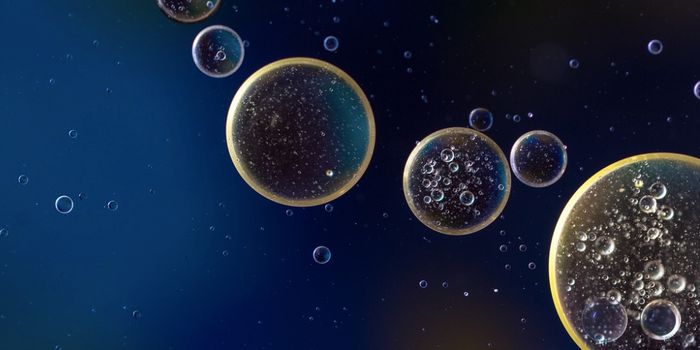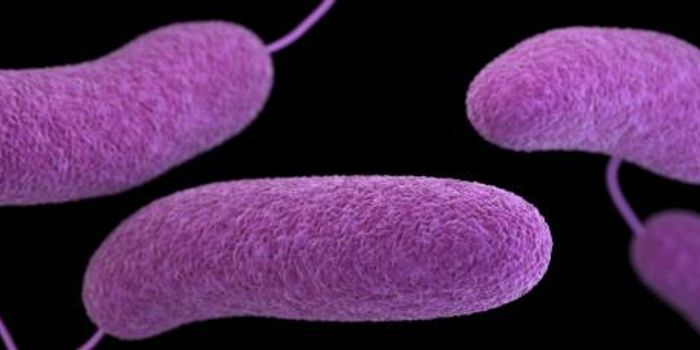The 'Wake Up Call' for Seeds
Some life forms can enter a kind of dormant state, where they wait for the right conditions so they can reemerge; fungi have spores, viruses have been shown to come back to 'life' after being frozen for thousands of years, and some plant seeds can dry out for hundreds of years until water comes along and causes them to germinate. Dried plant seeds keep the embryonic plant material safe from harm that might be caused by their environment.
Researchers have now learned more about how plant seeds sense the presence of water and restart biological activity. A protein called FLOE1 acts like a switch; it can stop germination when water conditions are unfavorable and can let it go forward if the water levels are right. This work, which has been reported in Cell, may help scientists design plants that can withstand climate change.
"Despite the extraordinary toughness of many seeds, plants are still at their most vulnerable during this stage of their lives, because germination must be precisely timed to ensure the greatest chance of survival. Once germination starts, the plant cannot go back into its hibernation state; the genie can't be put back in the bottle," explained Yanniv Dorone of the Carnegie Institution for Science. "So, a protein like FLOE1 is crucial to a plant's ability to walk the tightrope between too soon and too late."
FLOE1 plays a role in a biological phenomenon known as phase separation, which has been attracting research attention. In cells, pockets of liquids can form, like oil and water, that can quickly bring particular molecules together and promote reactions, then let them disperse rapidly. Sue Rhee, also of the Carnegie Institution for Science, likened them to a hackathon.
"We found that FLOE1's ability to very quickly initiate this type of temporary gathering is crucial to its functionality," said Rhee.
When moisture is close to dormant seeds, FLOE1 proteins move into the cell. This movement is reversible, so if water levels are not optimal, the signal to start germinating can be halted.
"We believe that this is the first study that provides information on how seeds can directly perceive their hydration state and act upon it," Rhee added.
This study was performed with a common plant research model, Arabidopsis. But the researchers are hopeful that these findings apply to others because FLOE1 is found in many different types of plants.
"FLOE1 is the first known protein to reversibly phase separate over hydration-dehydration cycles, but it's likely that similar processes occur in other organisms that have desiccated periods of dormancy, including human pathogens," Dorone said.
Sources: AAAS/Eurekalert! via Carnegie Institution for Science, Cell








